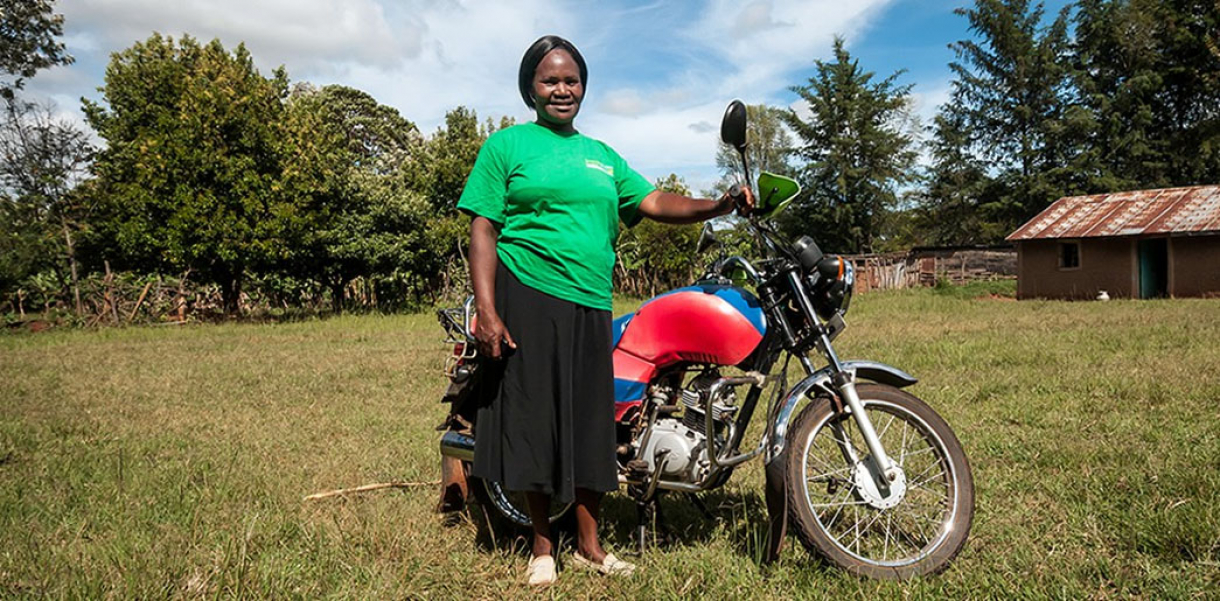Agriculture is the backbone of the Kenyan economy and accounts for 75% of the workforce. Currently, there are 2-3 million rural smallholder farmers in need of financial services in Kenya alone. Operating exclusively in remote rural areas, Juhudi Kilimo is giving farmers access to the tools they need to scale-up and succeed.
Kenyan-based organization Juhudi Kilimo is on a mission to empower struggling farmers living in remote rural areas, in order to create sustainable agri-businesses and improve livelihoods. Founded in 2009, Juhudi Kilimo is currently serving over 10,000 active borrowers.
What makes Juhudi Kilimo so successful and different is that they provide asset financing as opposed to micro-credit. Asset financing differs from micro-credit in that the loan is linked to a specific income-generating asset, as opposed to a generic loan that could be used for consumption or emergency funding. Asset financing's cost-effective advantage over conventional loans enables Juhudi to offer its clients lower interest rates, staggered payments, and longer repayment periods that align with the client's sales performance.
Rural asset financing is an innovative approach to poverty alleviation. Thanks to Juhudi Kilimo, thousands of smallholder farmers and enterprises have received support for a variety of income producing assets including: dairy farming, livestock and fish, agricultural equipment and farm transportation. Juhudi's theory of economic change is based on providing a growth path for smallholder farmers, from acquiring an initial wealth-creating asset to helping them build a larger rural enterprise. Steps on this path include not only provision of appropriate capital, but also technical assistance that helps the entrepreneur acquire the business discipline, knowledge, and skills needed to scale up and succeed.
Although Juhudi's main focus is on the financial needs of smallholder farmers in Kenya, they also work to support and strengthen communities in which they work. Most of the assets that Juhudi finances generate not only an income for its clients but also provides food security for their families and communities. For example, a farmer with a high-yield dairy cow producing over 20 liters a day can use several liters a day for family consumption and sell the reserve locally to generate enough income for loan repayments and other costs.
Driven by new funding partners, including the Acumen Fund, Grameen Foundation, Ford Foundation, and Rockefeller Foundation, Juhudi Kilimo is well poised to expand.




